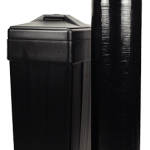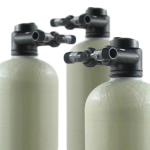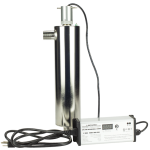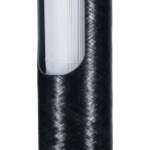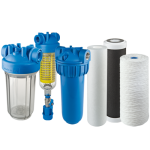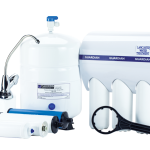Water Treatment Systems Sales, Installation, and Service in the Lehigh Valley and Pocono Mountains, PA, Regions
Whether you have excess minerals in your water or unknown contaminants discoloring your water supply, we can help. We can test your water for chemicals or send it away for contaminant analysis.
A customized water treatment process will correct your individual concerns. Bad-smelling or bad-tasting water, as well as cloudy or brown discoloration, can indicate either or both of these impurities. Accurate analysis will determine your best option.
As a private well owner, you are responsible for keeping your water clean, safe, and free from contamination. Geology changes, construction, septic system failure, and any number of uncontrollable factors can put your water supply at risk.
We are able to help you test your well water for known contaminants and advise you on the most appropriate type of system that will provide your family with safe drinking water or softeners that will keep your appliances and plumbing in tip-top shape.
Water Softening and Treatment Alternatives
Water treatment refers to the process of removing impurities and contaminants from water to make it safe for human consumption or other uses. This can include processes such as filtration, disinfection, and reverse osmosis.
Water softening, on the other hand, is a specific process used to remove excess minerals, such as calcium and magnesium, that can cause hard water. This process typically involves passing the water through a bed of ion exchange resin, which exchanges the hard minerals for sodium ions.
Water treatment and water softening are two separate processes, but they can be combined together in some cases.
Some water treatment systems, such as reverse osmosis systems, can also remove the minerals that cause hard water.
However, reverse osmosis systems are not specifically designed for water softening; they are mainly used to remove dissolved solids, microorganisms, and other impurities that can make water unsafe to drink.
Water from private wells can be contaminated with a variety of impurities, including:
Bacteria
Such as E. coli, coliform, and other harmful microorganisms.
Chemicals
Including pesticides, herbicides, and fertilizers that can leach into the groundwater from agricultural or industrial activities.
Metals
Such as lead, iron, and copper, which can leach into the water from pipes, fittings, or well pumps.
Nitrates
They can come from agricultural runoff or septic systems.
Radon
A radioactive gas that can seep into the water from rocks and soil.
Volatile Organic Compounds (VOCs)
Such as gasoline, oil, and cleaning fluids can also contaminate private wells.
It’s important to have your well water tested periodically to check for any potential contaminants.
For specific water softening, an ion exchange resin method, which can be separated from the water treatment system, is commonly used.
It is important to note that water treatment is focused on making water safe for consumption, while water softening is focused on improving the quality of water for household use and appliances.
Signs of hard water show:
on your skin (dry & itchy?),
on your plumbing fixtures (scale buildup?),on your skin (dry & itchy?),
on your dishes and glassware (spotty or cloudy appearance?) and even,
on your laundry (stiff, scratchy, and not quite clean?).
Beyond the inconvenience of bad-tasting or smelly hard water is the risk that the chemicals in hard water affect your reliable water flow.
When you have hard water, your pipes and appliances have a shorter lifespan, and you could experience more frequent repairs of your plumbing’s “moving parts,” which include your well pump and its components.


